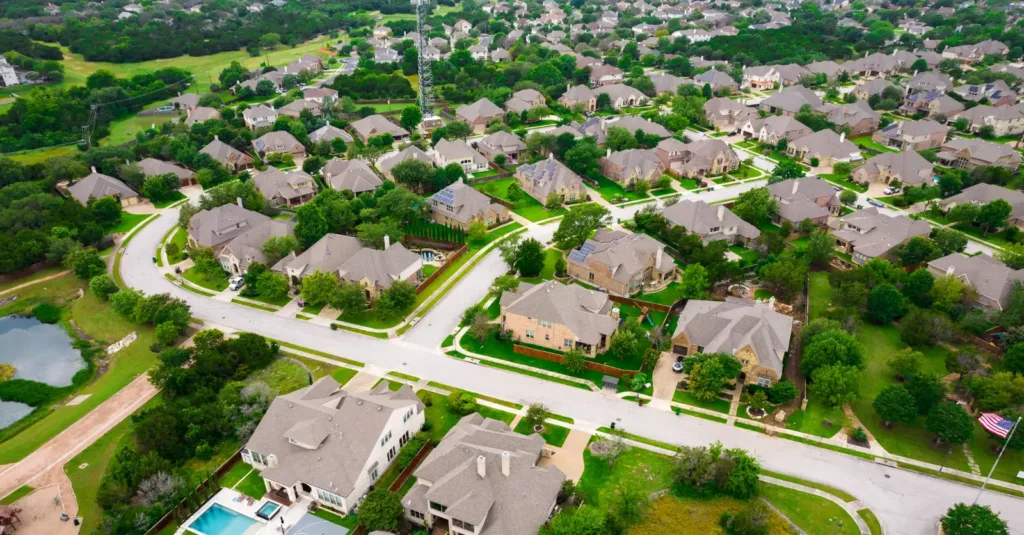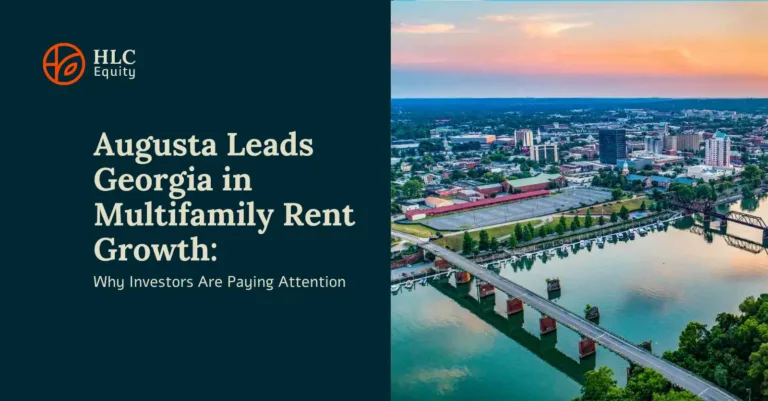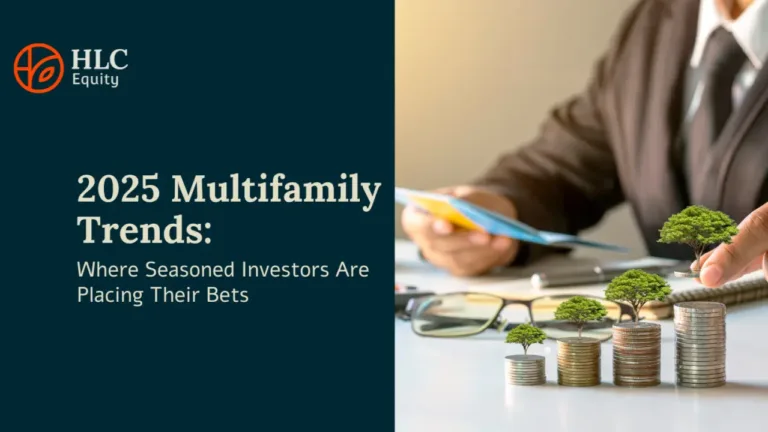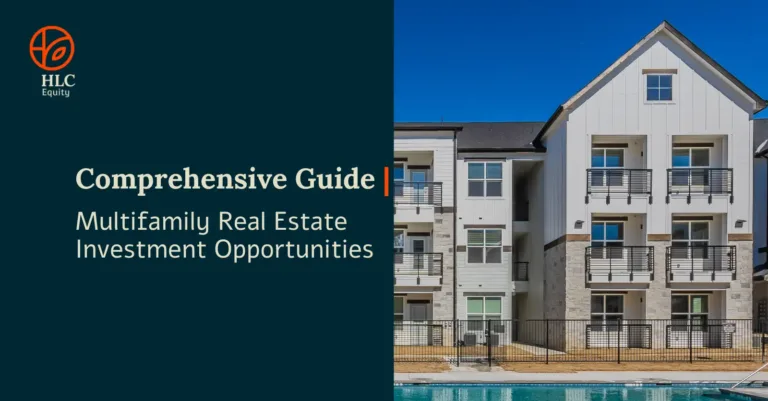
As the United States prepares for new leadership, many communities are adopting strategies to ensure they remain resilient and adaptable. Election seasons often bring both opportunities and challenges, with potential shifts in policy, funding, and social dynamics. Rather than focusing on uncertainty, forward-thinking communities are prioritizing preparation, resilience, and adaptability to support residents and investors in any environment.
By fostering cohesive, adaptable infrastructures and building strong social networks, these communities are positioning themselves to thrive—no matter what changes may come. Here’s a look at how innovative communities are hedging against potential challenges and capitalizing on the opportunities that change brings.
1.) Community Innovations in Crisis Preparedness
Communities designed with flexibility in mind are better positioned to adapt to changes that elections may bring, whether they be shifts in policy or socio-economic trends. By creating adaptable infrastructures—such as multipurpose community centers and spaces that can serve as temporary shelters or meeting hubs—communities provide valuable resources for residents in times of need.
According to CBRE, while election cycles may not immediately impact real estate investment, socio-economic shifts can influence community stability over time. Proactive communities are investing in infrastructure that can serve a variety of needs, ensuring that residents have access to essential services and adaptable spaces that help them stay connected and supported PwC.
2.) Enhanced Security and Crisis Communication Protocols
To keep communities informed and connected, many are implementing advanced security measures and transparent communication channels. By leveraging technology to keep residents informed in real-time, communities are fostering a sense of trust and unity that is essential for stability. Enhanced security measures, from physical access controls to cybersecurity systems, allow communities to create safe, secure environments that are prepared for a range of scenarios.
PwC has noted the importance of adaptable communication systems during periods of transition, which are critical in helping communities stay resilient. By focusing on timely, clear communication, communities can ensure that residents feel connected and informed, mitigating concerns that may arise during election periods PwC.
3.) Financial Resilience: Preparing for Economic Shifts
Financial resilience is a cornerstone of community stability, particularly during times when policy changes may impact markets, funding, or resident dynamics. By setting aside reserves, flexible leasing structures, and adaptable budgeting, communities are preparing to respond quickly to economic changes that may come as a result of shifts in administration or policy.
Research on election-year impacts shows adaptive financial planning can help communities remain stable even during market fluctuations. By incorporating financial buffers, such as crisis funds and flexible lease terms, communities can maintain operations and continue supporting residents, fostering confidence among both residents and investors PwC.
4.) Social Cohesion Initiatives to Strengthen Community Bonds
Strong social bonds are essential to resilient communities. Programs that promote social interaction, encourage volunteerism, and support open dialogue among residents help communities maintain unity even in the face of change. Many forward-looking communities are implementing initiatives like neighborhood councils, resident-led events, and social support groups, all of which create a supportive environment that residents can rely on.
Community engagement is critical, especially during transitional times. Social cohesion initiatives not only build trust but also enable residents to work together to find constructive solutions, making the community stronger and more adaptable in the face of external changes PwC.
5.) Learning from Past Election-Related Transitions
Looking to the past provides valuable lessons that help communities prepare for the future. Examining previous election cycles and how they affected community dynamics allows leaders to identify best practices and potential areas for improvement. For example, communities that may have experienced increased demand for certain services during previous election cycles are now establishing plans to ensure continuity of services in similar scenarios.
According to CBRE, while election cycles may not destabilize real estate investments, the broader social and regulatory implications can impact community dynamics and investor confidence over time. By drawing on historical insights, communities can develop tailored strategies that address potential impacts, helping them navigate periods of change effectively PwC.
6.) Sustainable and Adaptive Infrastructure for a Resilient Future
As communities increasingly focus on sustainable, adaptive infrastructure, they’re prioritizing flexibility, energy efficiency, and resource security. By integrating renewable energy sources, resource-saving technologies, and adaptable spaces, communities are building resilience that can serve them through any changes in policy or economic conditions. These elements also help communities reduce their dependency on external resources, which may fluctuate during times of political or economic transition.
PwC highlights that communities with adaptive, sustainable infrastructure are more resilient to a wide range of changes, from environmental to policy shifts. Future-proofed, eco-friendly designs are becoming a standard in resilient communities, as they not only contribute to a healthier environment but also provide a reliable foundation for residents, investors, and developers PwC.
Embracing Stability and Community in Times of Change
In times of change, communities that focus on resilience, adaptability, and social cohesion are best positioned to thrive. By investing in proactive measures—such as flexible infrastructures, strong communication systems, financial preparedness, and supportive social networks—communities can adapt to whatever comes their way, embracing opportunities while mitigating challenges.
Future-focused communities, like those aligned with HLC Equity’s strategies, illustrate that stability is built on both tangible resources and the strength of the people within them. By creating a connected, adaptable environment, these communities are prepared to embrace change with confidence, knowing that they have the tools, resources, and unity to weather any transition successfully.
Sources
Important Disclosures: Nothing contained in this blog post constitutes tax, legal, insurance or investment advice, nor does it constitute a solicitation or an offer to buy or sell any security or other financial instrument. Any such offer or solicitation will be made only by means of an offering memorandum and organizational documents (collectively, the “Offering Documents”). This blog and all content on this website are for informational purposes only. We urge investors to consult with licensed legal professionals and investment advisors for any legal, tax, insurance, or investment advice.


